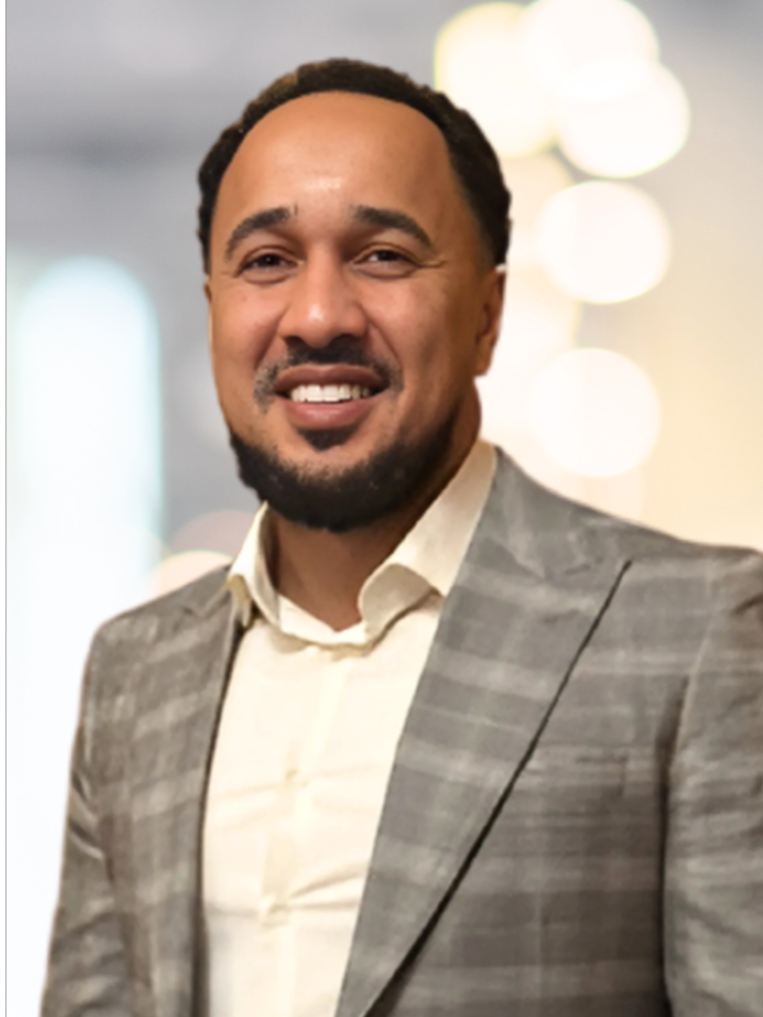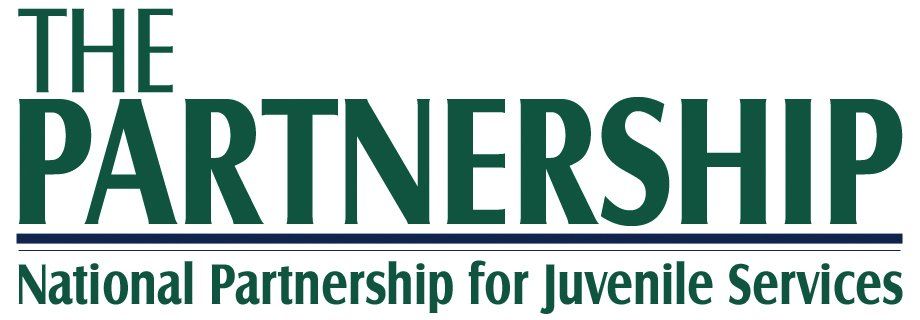Read Our Employee Interview
Juvenile Justice Spotlight

Douglas White
Consultant
Agency: National Partnership for Juvenile Services
Office Location: Bronx, New York
1. Within your consulting role, is there one particular area of expertise you focus on or is the work you do multi-dimensional?
“It’s both. The underlying focus of my work emphasizes collaboration, but it is multi-dimensional in the approach. By partnering with facility leadership on program development, staff training, and operational improvement, I concentrate on building systems that promote both youth and staff effectiveness. I incorporate restorative justice practices and evidence-based strategies to enhance the core support model, which emphasizes collaboration between leadership, behavior management, and programming. My style is hands-on coaching that brings policy and practice together.”
2. What gets you excited in your day-to-day role?
“The opportunity to make meaningful impact on the youth I serve.
I believe in radical acceptance—meeting people where they are, without judgment, and walking alongside them as they grow. To help develop structure, understanding, and connection to not only aspire, but to achieve sustainable gains beyond incarceration. To have an opportunity to make a meaningful impact on the youth, or even staff, that keeps me motivated. That’s exciting and it’s a special space to be.”
3. When you first started out, what were you looking forward to most?
“I began working in group homes and youth facilities after undergraduate, and that’s where I learned how to connect with kids and build trust. This work is all about connection and trust. We often focus on behavior we can see, but the real work lies beneath in what goes unspoken. Especially for young men, who are taught not to show fear or vulnerability. That pressure doesn’t disappear inside facilities—it hardens. I looked forward to helping youth reframe their perspectives and focus on their future. But many have never seen, or struggle to imagine a better life. Our job is to help them believe it’s possible and that they deserve it.
Once I understood this type of work requires connection and trust, that’s what I started looking forward to developing. Showing staff how to model accountability with empathy. To lead with firmness and care in a space of healing without lowering expectations or shutting down emotion.”
4. How about now?
“Now, I look forward to and am focused on transformation—both within juvenile justice facilities and in the communities, youth return to. Transformation must happen on multiple levels: within the individual, within the facility, and within the neighborhoods they call home. Ultimately, they will return to their same communities so meaningful investment and change is vital. Facilities can be ranked by recidivism rates, but measuring a community’s ability to offer sustainable support for the youths’ continued development and healing is also critical.
This is largely why we must prioritize building strong, resource-rich communities in areas like Wards 7 and 8 in Southeast D.C. where families face persistent economic and social barriers. A child’s zip code too often determines whether they inherit generational wealth or generational trauma. We can’t ignore that—true reform requires a solution for both individual needs, and systemic inequities.
5. Who were/are your mentor(s) in the field? What is something that they taught you?
“I am fortunate and blessed to have very strong mentorship. All of my mentors had their own special set of skills and perspectives, these individuals allowed me opportunities to learn from their wisdom and experience and their blended contributions have helped my growth tremendously.
First to mind is Mark Hamlett who had the most direct impact on my professional journey. We developed a partnership grounded in trust, and his guidance has helped shape how I lead with intention and build culture and community for myself and for others.
While earning my Master’s in Mental Health Counseling at Bowie State University, Dr. Janelle Cox left a lasting impression through her technical knowledge and advocacy for mental health in underserved communities. Her commitment to equity and representation is an inspiration.
Additionally, two other professors, Dr. Otis Williams and Dr. Mark Bolden, also played key roles in helping me look beyond behavior to understand the deeper layers of trauma, the complexity of family dynamics, and results of unmet emotional needs.”
6. What advice would you give somebody just starting out?
“Stay open to growth and avoid complacency. The juvenile justice field offers many paths—search for where you can be most impactful while remaining committed in your current role. Don’t get caught up in negative workplace dynamics; focus on collaboration and being solution oriented. Positivity, consistency, and influence will always be felt.”
7. What is the one experience that stands out as your favorite and most memorable?
“One of my most meaningful experiences was being appointed Superintendent of New Beginnings Youth Development Center in Laurel, MD. I began my career there in 2012 as a direct care staff and later served as a shift commander and treatment manager before stepping into the superintendent role. To my knowledge, I was the first to rise from direct care to that leadership level within the agency.
It was both humbling and powerful to lead the same institution where I had once worked on the floor. That journey not only shaped my understanding of leadership, it reaffirmed my belief in transformation, both personal and organizational. It deepened my commitment to building cultures grounded in accountability, purpose, and meaningful change.”
8. What is one consistent piece of advice you find yourself giving others?
“Consistency builds credibility. How we show up each day matters. Great leaders get comfortable with the uncomfortable. You can’t create real change inside of facilities from behind a desk. You have to be present in the milieu, in the conversations, in the culture. That’s where leadership lives.”
9. From your perspective in your role as a consultant, what's the one thing you'd change in juvenile justice that would have the most impact?
“Building the village. Our communities need more investment and stronger bridges between facilities and communities. I’m a big advocate for trauma-informed care and expanding vocational training as well. Programs like HVAC, carpentry, and plumbing give youth skills that they can use after release. Youth need safe, supportive environments to return to—otherwise, we’re just recycling pain.”
10. Who is Douglas on the weekend?
“I’m a husband, a father, a friend, a son, a brother. I enjoy traveling, reading, and staying active. My 10-year-old son competes in wrestling tournaments across the country, my 5-year-old daughter just started gymnastics, and my 2-year-old keeps us on our toes. Life outside of work keeps me grounded and reminds me why this work matters.”
